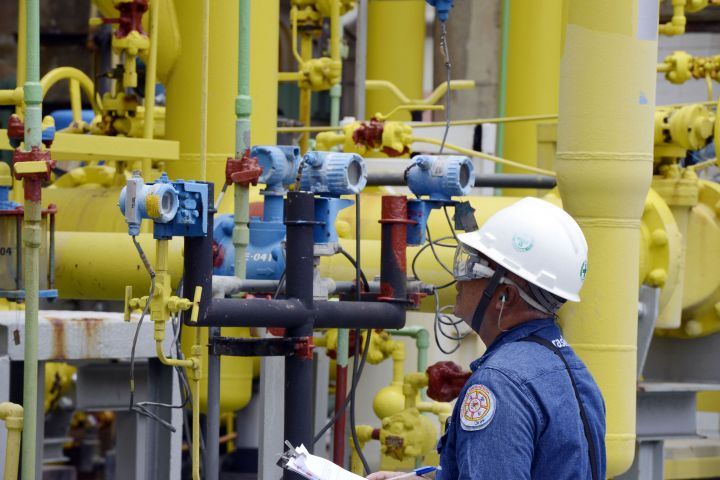Brazil: A global power
A country of continental extension: the Brazilian territory measures more than 8.5 million square kilometres. Brazil, however, impresses not only by its size, but also by other quantities. The seventh largest world economy today has a sound financial system, the most diversified industry in Latin America and strong and stable political institutions.
Large oil reserves, significant freshwater basins and the high adaptability of the soil for planting all make the country one of the largest agricultural exporters in the world. Additionally, it provides its current economic stability ahead of the latest world financial crises.
Brazil has a population of 200 million people who speak Portuguese as the official language. They are different people who combine tradition and modernity, different flavours and happiness. It is the land of diversity and this is the decade in which the country will be open to the world. In 2014, it will host the FIFA World Cup. In 2015, the WorldSkills Competition. And in 2016, the Olympics.
Government investment in education has been ever increasing. After all, education is seen as the major factor to stimulate the country's competitiveness, as indicated by a survey released by the National Confederation of Brazilian Industry in 2013. In relation to vocational education, the country can grow further. Only 6.6% of Brazilian youth opt for technical courses. In Germany, this figure reaches 52%, and in Japan, 55%.

It is with heavy investments in education, innovation and technology that the country has gained more space on the world stage. With controlled inflation and an established democracy, Brazil is the largest exporter of ethanol in the world, the sixth largest vehicle producer and 13th largest producer of scientific publications. The country also excels in agriculture. In 2013, it produced over 188 million tonnes of cereals, legumes and oilseeds, having rice, corn and soybeans as its primary products, according to the Brazilian Institute of Geography and Statistics (IBGE).
These and other indicators demonstrate that Brazil has developed a way of building strength in key areas of its development.
